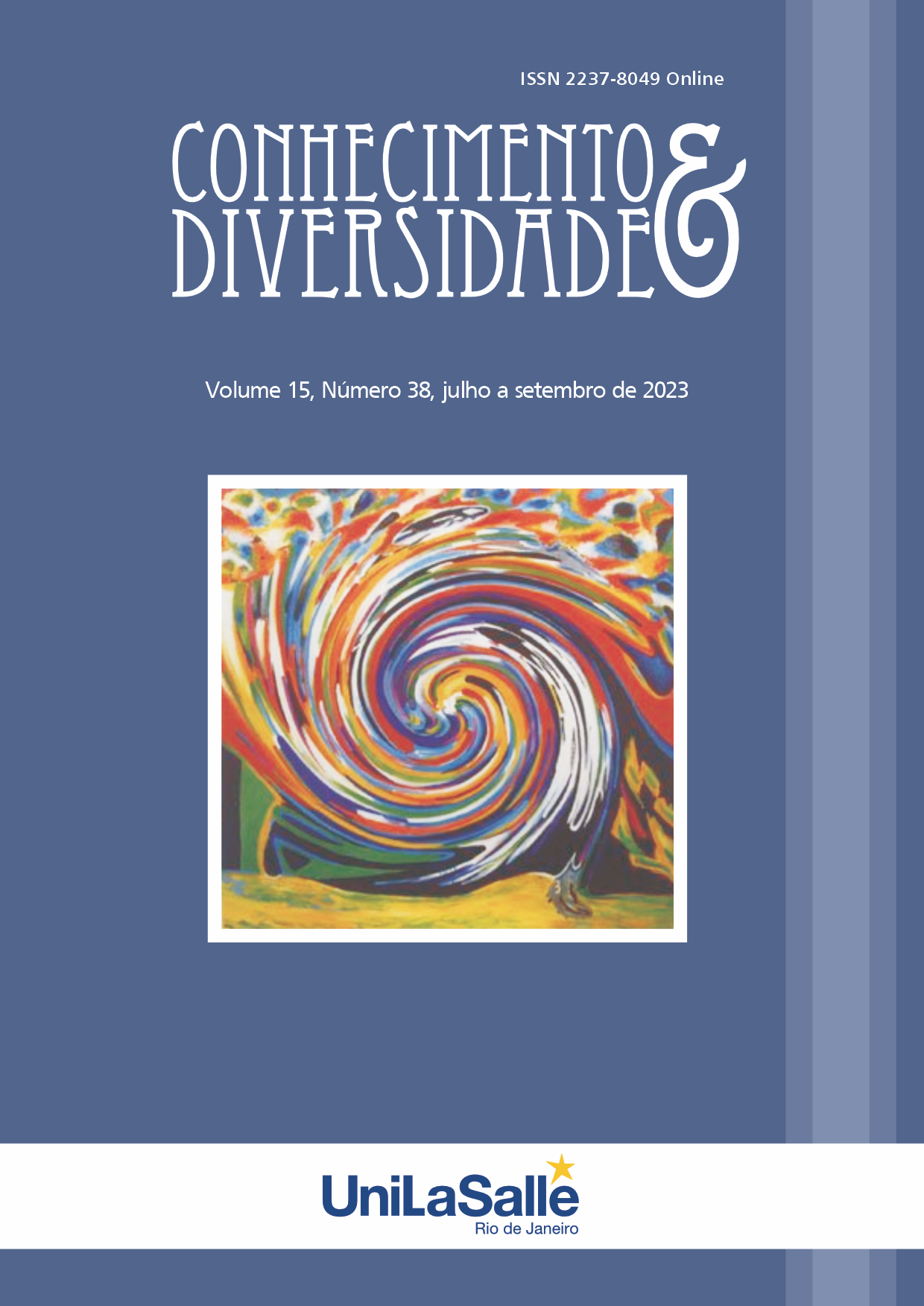LIFE STRATEGIES OF RUSSIAN AND EUROPEAN FEMALE STUDENTS:
COMPARATIVE ANALYSIS
DOI:
https://doi.org/10.18316/rcd.v15i38.11034Keywords:
Youth, Gender stereotypes, Career, Family, Visual analysisAbstract
Contemporary society provides people with various ways of personality development. Young people are most susceptible to changes that occur in economics, politics, and technology. Different types of life strategies are formed and realized by young women and men, and they eventually transform public consciousness in general. The article is devoted to the analysis of life strategies and scenarios of female students living in Russia and European countries. For this purpose, a series of in-depth interviews with girls was conducted, as well as a visual analysis of the accounts of young women on the social network Instagram. Today, the process of westernization is observable – the adoption of Western European structures, practices, and lifestyles by non-European societies and countries has become a significant cultural phenomenon. Thus, based on the data obtained, it is possible to define a life strategy as a system of ideas and guidelines of the individual, aimed at the conscious design of the future. It determines and directs the behavior of individuals, reflecting the idea of the future and life path. A life strategy includes not only orientations, but also ways to achieve and realize certain goals and expectations.
References
Alexeenko, O. V. (2009). The westernization as one of the tendencies of development of the modern world. Vestnik RUDN, 4, 65-70.
Isupova, O. G., & Utkina, V. V. (2016). Women in the civil service in Russia: Career, family, reproductive intentions. Monitoring of Public Opinion: Economic and Social Changes, 3(6), 69-88. https://doi.org/10.14515/monitoring.2016.6.05
Kotomanova, O. V. (2013). Gender exception in modern society. International Scientific and Research Journal, 3-2(10), 102-106.
Maksimova, O. B. (2007). Women emancipation in Russia and in the West as a factor of new gender order foundation. RUDN Journal of Sociology, 2, 24-30.
Marinov, M. B. (2008). Transformation of individual life-strategies in individualised society. Moscow: Social and Humanitarian knowledge, p. 41.
Maximova, O. A., Eflova, M. I., & Kulcha, A. A. (2018). The identity of the digital generation of Russians: The impact of information and network resources. HELIX, 8(6), 4628-4631. http://dx.doi.org/10.29042/2018-4628-4631
Miheeva, I. V. (2014). Trajectories of self-realization of young women. The Value System of Modern Society, 37, 104-114.
Naumova, N. F. (1995). Life strategies in a transitional society. Sociological Journal, 2, 54.
Osipova, L. B., & Enveri, L. A. (2016). Life strategies of young people: Sociological research experience. Economic and Social Changes: Facts, Trends, Forecast, 4, 108-129. http://dx.doi.org/10.15838/esc.2016.4.46.6
Reznik, T. E., & Reznik, Y. M. (1995). Zhiznennyie strategii lichnosti [Personal life strategies]. Socis, 2: 100-105.
Shanahan, M., Mortimer, J., & Johnson, M. (2004). Handbook of the life course. New York: Springer.
Zubok, J. А. (2020). Youth: Life strategies in a new reality. Monitoring of Public Opinion: Economic and Social Changes, 3, 4-12. https://doi.org/10.14515/monitoring.2020.3.1688
Downloads
Published
Issue
Section
License
Copyright (c) 2023 Maria Eflova, Elizaveta Matveeva, Olga Maximova

This work is licensed under a Creative Commons Attribution 4.0 International License.
As recommended by the Public Knowledge Project, RCD adopts for its articles a CREATIVE COMMONS Attribution CC BY 4.0 license.
This license allows others to distribute, remix, adapt and build upon your work, even commercially, as long as they credit you for the original creation.
This is the most appropriate license offered.
Recommended for maximum dissemination and use of licensed materials.



